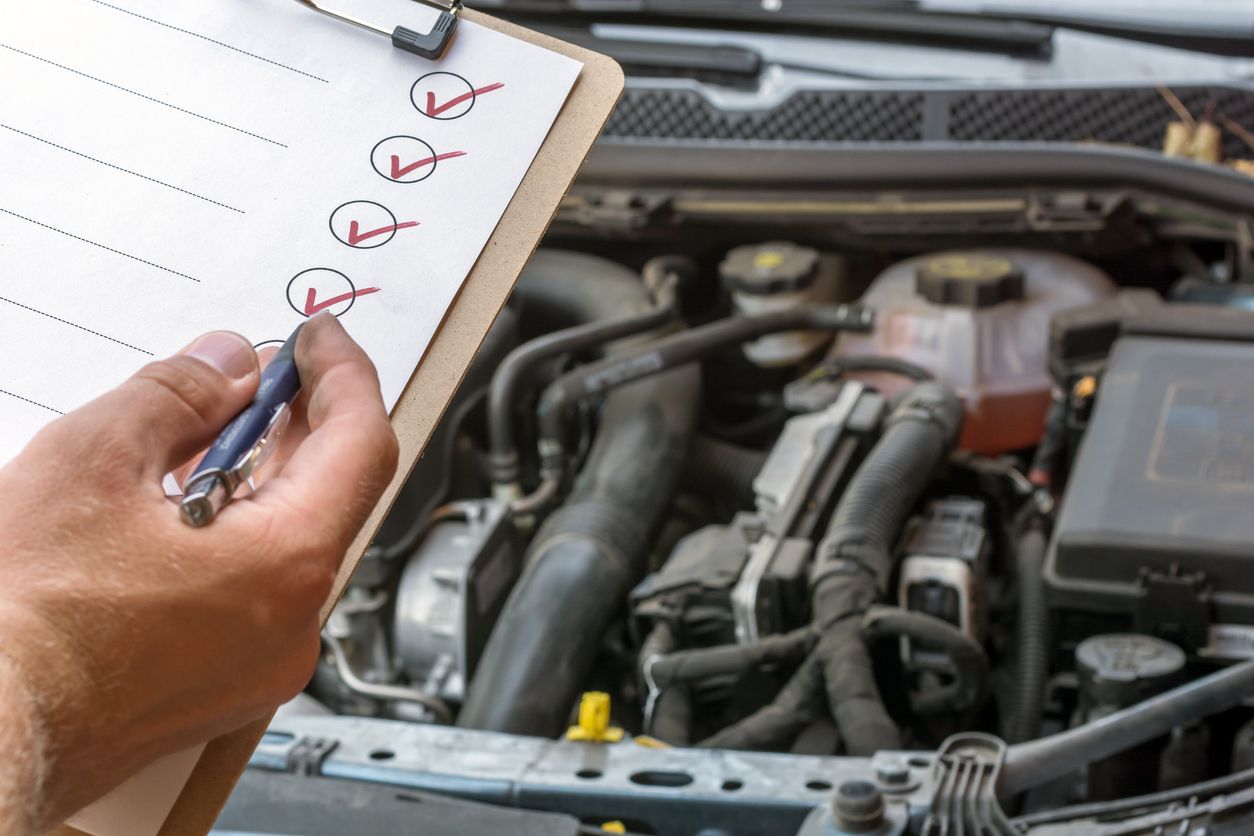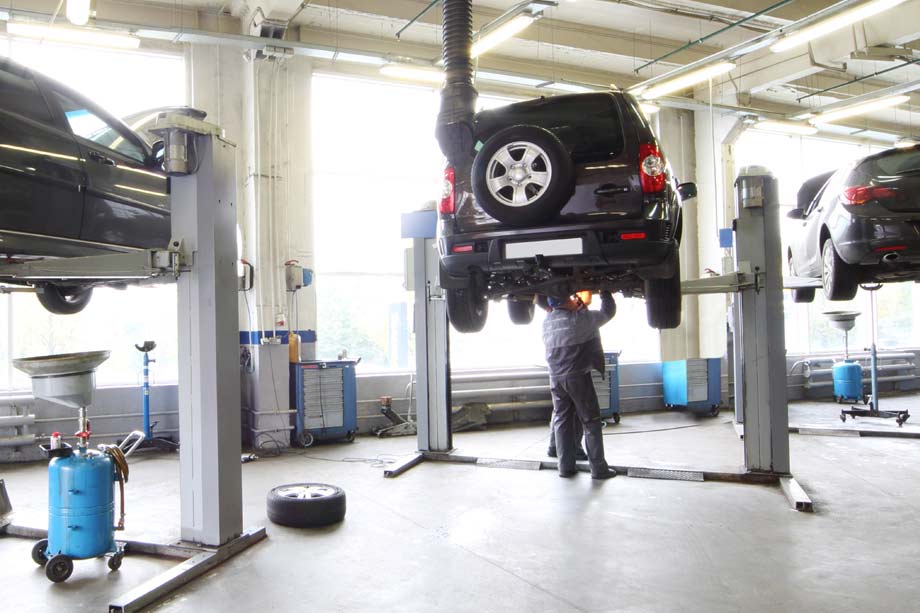All Categories
Featured
When your automobile experiences a major breakdown, the expense of repair services can be an overwhelming financial consideration. Whether it's the failure of a critical system like the engine or transmission, or the requirement for comprehensive fixings to numerous parts, understanding the variables that affect repair work expenses can assist you make even more informed decisions. Below, we detail the key aspects that add to the cost of major auto repair services.
![]()
![]()
![]()
Conclusion. Numerous factors influence the price of significant vehicle repair work, including the type of repair, the make and version of your car, the high quality of the components used, labor costs, and the degree of the damage. Comprehending these elements can help you make more informed decisions and plan for the economic implications of car repair work.

- Type of Fixing. The main aspect affecting the expense of cars and truck repairs is the kind of issue your automobile is experiencing. Certain systems in an auto, like the engine or transmission, require more time to diagnose and fix, which straight converts right into higher labor fees.
- Lorry Make and Version. The make and model of your lorry plays a major duty in identifying repair costs. High-end vehicles and high-performance automobiles like BMWs, Audis, or Mercedes-Benz often tend to have higher repair expenses due to the fact that of their specialized parts, progressed technology, and the experience required for their repair work. The availability of components can also boost the rate; parts for foreign or unusual versions are commonly a lot more costly to resource than those for domestic cars like Ford or Chevrolet. In addition, some lorries, particularly those with advanced or distinct systems, may require customized mechanics or devices, including to the overall repair work expense.

- Parts Top Quality and Availability. The high quality of the parts used in the fixing substantially impacts the expense. Original Equipment Supplier (OEM) components are typically a lot more costly than aftermarket components since they are created specifically for your vehicle and are ensured to meet factory standards. While OEM components guarantee top quality and resilience, they commonly feature a greater rate tag. Additionally, aftermarket components may be cheaper but can differ in high quality. Sometimes, cheaper aftermarket components may minimize the general repair service price, yet they might not offer the same longevity as OEM components, which can lead to extra fixings down the road. The schedule of parts, specifically for older or rare vehicles, can additionally affect the cost. If components are tough to discover, it may take longer to complete the repair work, leading to greater labor prices.
- Labor Expenses. Labor is one of the largest costs when it pertains to auto repair work. Mechanics typically bill by the hour, and repair service times can differ relying on the intricacy of the issue. Some fixings, such as engine overhauls or transmission repairs, may require several hours and even days of labor, substantially enhancing the total cost. Labor prices also rely on the location of the repair work shop-- technicians in metropolitan areas or high-demand areas might charge higher prices because of the price of living and expenses. Additionally, specialized repair work for facility systems might need more experienced specialists, whose hourly prices have a tendency to be greater.
- Degree of the Damages. The level of the damage is one more essential aspect influencing repair work costs. If the damage is confined to one component of the automobile, such as a damaged alternator or damaged brake pads, the repair service will normally be less expensive. Nonetheless, if the trouble is extra severe and impacts numerous systems, such as a transmission failing that also damages other parts, the price will climb. Extensive damage may also need the replacement of numerous components, which boosts both the cost of components and labor.
- Vehicle Age and Problem. The age and overall problem of your car play a considerable role in the price of repair services. Well-maintained automobiles often tend to have reduced fixing expenses due to the fact that their systems are in much better functioning condition, calling for fewer and less pricey fixings.
- Store Area and Credibility. The repair shop you select can likewise influence the expense of your repair work. In addition, repair service stores that specialize in particular brand names or kinds of repair services may bill much more for their competence.

- Guarantee and Insurance Policy Coverage. If your car is still under guarantee, major repairs might be covered, which can substantially decrease your out-of-pocket expenses. In addition, if the damages is caused by a crash or exterior variable, your car insurance policy might cover the repair service expenses, much less any kind of insurance deductible.
Conclusion. Numerous factors influence the price of significant vehicle repair work, including the type of repair, the make and version of your car, the high quality of the components used, labor costs, and the degree of the damage. Comprehending these elements can help you make more informed decisions and plan for the economic implications of car repair work.
Latest Posts
The Boogaloo Sports Bar & Grill at FunCity Resort Resort: Where Enjoyable Satisfies Taste
Published Feb 11, 25
2 min read
Leading Patterns in Personalized Furnishings Layout for 2025
Published Jan 27, 25
0 min read
An Extravagant Escape: The Claridge Indoor Pool
Published Jan 27, 25
1 min read